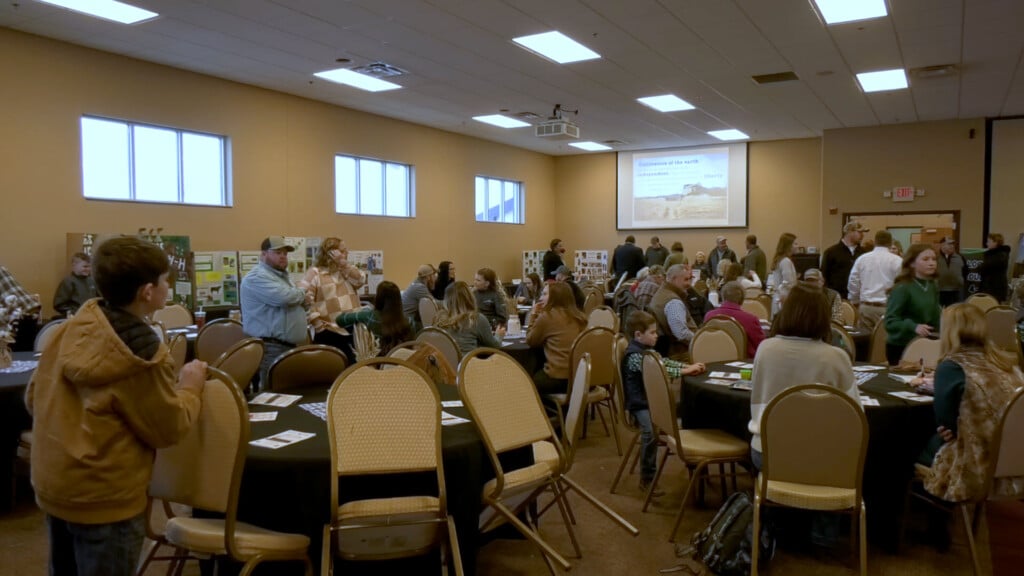Expert shares view regarding wrong categorization of state rock and mineral
BOWLING GREEN, Ky. – In 1998, students from Louisville requested that the State Legislature change the designation of coal from the state rock to the state mineral. Later, in 2000, Kentucky Agate, or Chalcedony, was designated as the state rock.
Both of these designations are categorically inaccurate – coal, which is organic in nature, cannot be a mineral. Even though it may contain millions of them, it is a rock. Agate is crystalline in nature and contains predominantly one substance, primarily quartz, itself being a mineral, which makes agate a mineral. (There is some dispute on whether or not coal is truly a rock and not a sedimentary formation, agate also has some dispute since unlike quarts or halite, it is a mixture of minerals.)
Geologists like Michael May, a professor of Geology at WKU, have been upset with this decision for decades.
“We have the situation where a lot of people think it’s okay to be scientifically illiterate or even use the wrong terms, and I think we’re better off if we correct those misconceptions or use the right terms because everyone’s going to win when we’re using the right terms. And that so it’s not just semantics,” May said.
Rep. Al Gentry (D) from Louisville, himself a geologist, has put forward a bill which would reverse the two earlier decisions in the name of science and education. This bill is being lauded by many state authorities on geology, including May, who believes this a big step in fighting misinformation.
“It’s very important for schoolchildren who actually ironically proposed this and without any consultation of the Kentucky Geological Survey or other professors or anyone in the region that may have been able to clarify the definitions, they went ahead without the scientific community input. So this is a time to kind of rectify or correct the wrong terminology,” May said.
With bipartisan support, it seems that House Bill 378 may pass, which would go a long way in supporting the work of educators across the Commonwealth in their attempt to teach science accurately and without dispute to facts from outside groups.
“I’m hopeful now that this isn’t something that people think is a minor deal because, again, it it addresses how Kentucky wants to address science literacy and the terminology being corrected is a good first step,” May said.
Now if only something could be done about the state gemstone, the freshwater pearl.




